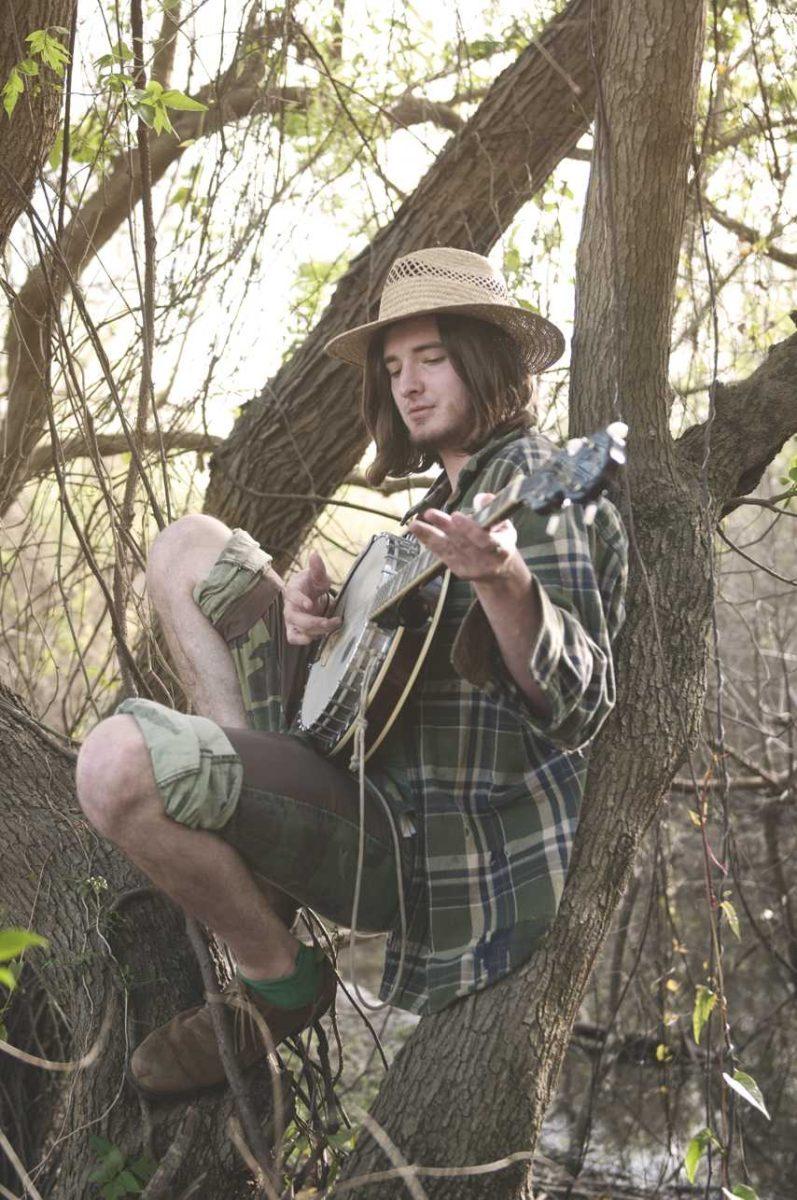A sweaty, broad-shouldered man clad in camouflage wades in an algae and moss-covered marsh, propping one foot on top of a cypress knee. He stares down the camera as a narrator announces in an exaggerated southern drawl he is a “man of the bayou.” The scene changes to show men casting nets out from an air boat, a gator being pulled from the water against its will, a scraggly-bearded man hunched over a shotgun.
This is what the average Louisiana resident sees when they look out their window. At least, that’s what the media would tell you. In reality, this is the promotional trailer for “Swamp People” – and nothing more.
“Swamp People,” if you haven’t heard by now, is a popular History Channel show depicting the life of gator hunters in Louisiana, and just one example of the entertainment industry’s poor interpretation of Louisiana and its culture.
Sure, nothing screams ratings like broadcasting a show about a bunch of crazy Cajuns trapping aggressive reptiles, but it’s not an accurate reflection of the whole state, or even real alligator trapping, for that matter. It’s a mere caricature, both dramatic and laughable.
But “Swamp People” isn’t the only production guilty of banishing all residents to the bayou. The Pelican State has been thrust into the spotlight for decades by motion pictures, novels and television series set in the South. Each has its own plot — from promiscuous HBO vampires and forbidden Creole love to local rifle sales and voodoo murders — but they all have one thing in common.
And well, sha, dat be da Louisiana stereotypes.
Mass Communication professor Danny Shipka has researched these stereotypes for a future book highlighting the portrayal of Louisiana in movies. The book, to be titled “Swamps, Snakes and Storms: The Portrait of Louisiana,” is scheduled to be released sometime in 2013, he said.
The top Louisiana stereotypes, according to Shipka’s observations, include white male dominance, poverty, stupidity, exaggerated accents, sex and violence.
Another common thread among Louisiana-themed films is that most plots are centered on an outsider visiting Louisiana. That visitor must learn to survive the culture — not change it — or leave.
“They aren’t positive representations at all,” he says. “Many people form their ideas of culture based on movies. The person sitting in their easy chair in Idaho sees Louisiana as all swamps, Cajuns and white men in power. That’s very bad.”
This slanted view of Louisiana isn’t a new development, though. From 1951’s “A Streetcar Named Desire” to 1998’s “The Waterboy,” the state’s reputation has suffered on screen.
So, how do we, as residents, react?
Some embrace the mockery, hailing local reality TV stars as gods (admit it, you have Troy Landry’s autograph). They glue themselves to episodes of “Cajun Pawn Stars,” “Sons of Guns” and “True Blood” because it has an ounce of “home” injected into it. Others snicker at the silly plots and roll eyes at the ridiculous characters and exaggerated details. Then there are the people who hate it and avoid every instance of it. These are the same people who A) claim they are from a different state or B) move immediately after college, if they stayed around that long.
The real issue is that of these reactions, none help reverse the stereotypes. We don’t deny these distorted images, let alone try to debunk them. And that is, perhaps, an even bigger problem than a spoiled reputation.
“Louisiana has a poor image of itself,“ Shipka says, noting the numbers in education and health mirror that sentiment. “The only thing we pride ourselves on is being better than Mississippi.”
Think about what you tell your friends from out-of-state to convince them to visit. “Oh, man, you should come down for Mardi Gras … Yeah, I’m serious, you can drive through the daiquiri shack …” I’m guilty of it too. These things are, indeed, a rarity. But at what point will we start selling the state as a place to do something valuable?
Even the tourism industry doesn’t promote Louisiana well. You’ll never see the state advertised as a place to raise a child, earn a quality education or secure a high-paying, respectable job. We instead tag ourselves as the place people flock to “laissez les bon temps rouler,” and to … um … pet a baby alligator on the side of the interstate.
Until we start to tweak our public relations plan or develop a progressive identity, it’s not going to change.
“Louisiana has a very original, historic culture,” Shipka says. “Our politics and our history is so dramatic. It’s like no other place in the world, so it’s easy to stereotype, it’s easy to make fun of.”
And, as we have seen first-hand, it’s easy to become complacent and accept it.
I love Louisiana. The landscape is breathtaking, the food is delicious, the southern hospitality is infectious. I attended a great public high school and am enrolled in an even better university. I have a middle class home, a full set of teeth and, believe it or not, I don’t speak Cajun French. I want to see the state portrayed as the place I grew up in, not the place I watch in movies. As a respectable Louisiana resident, you should too.








